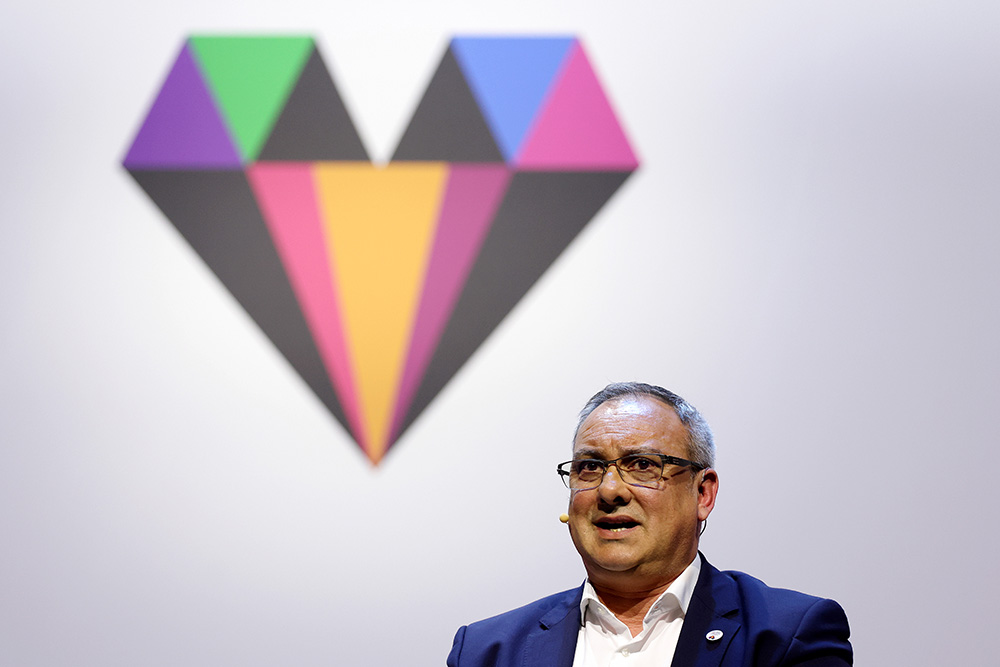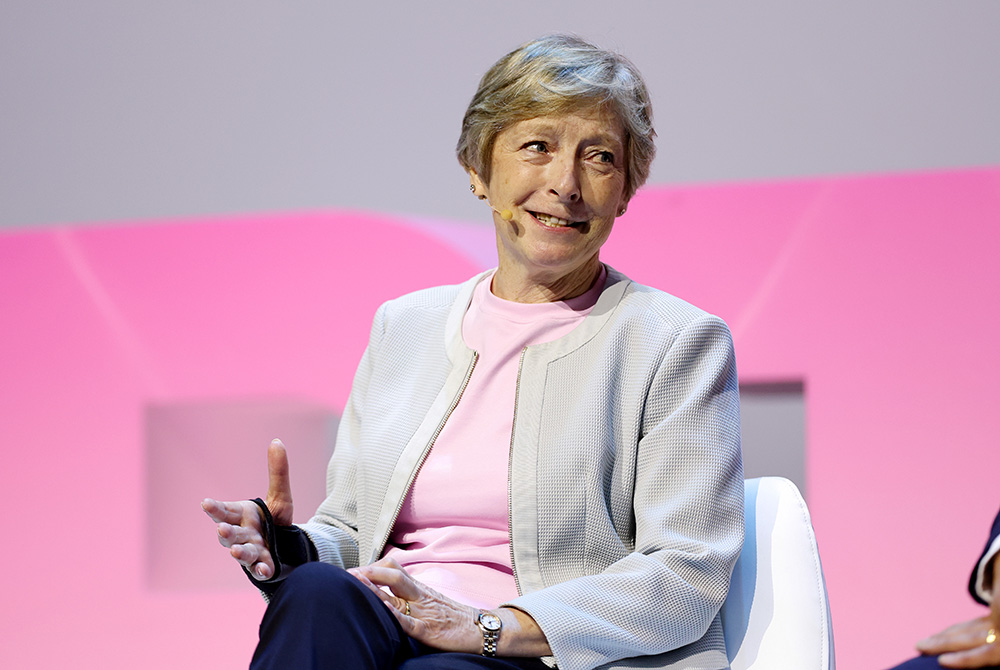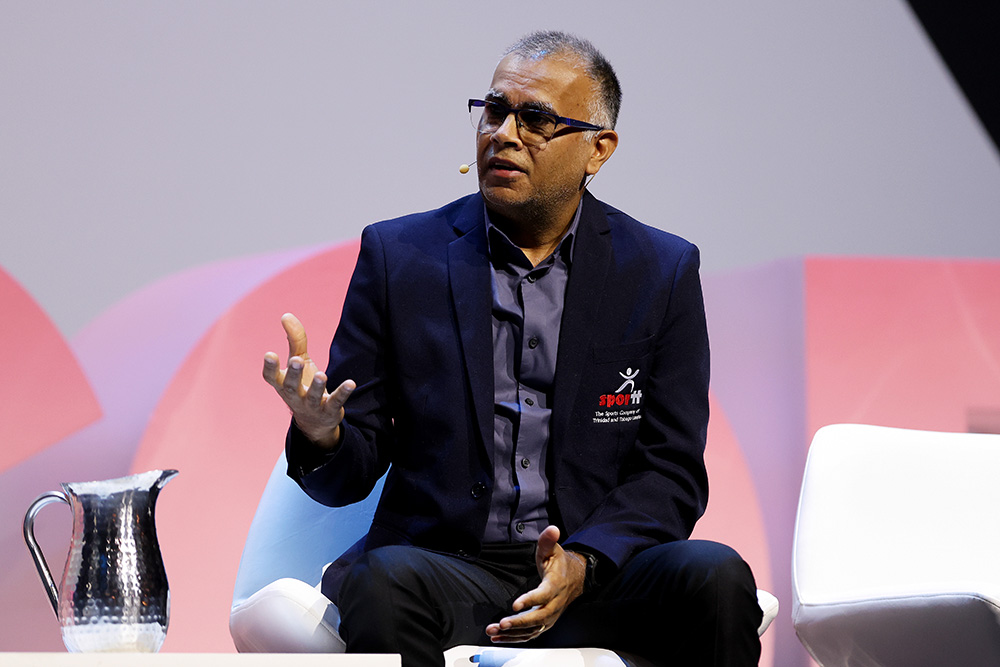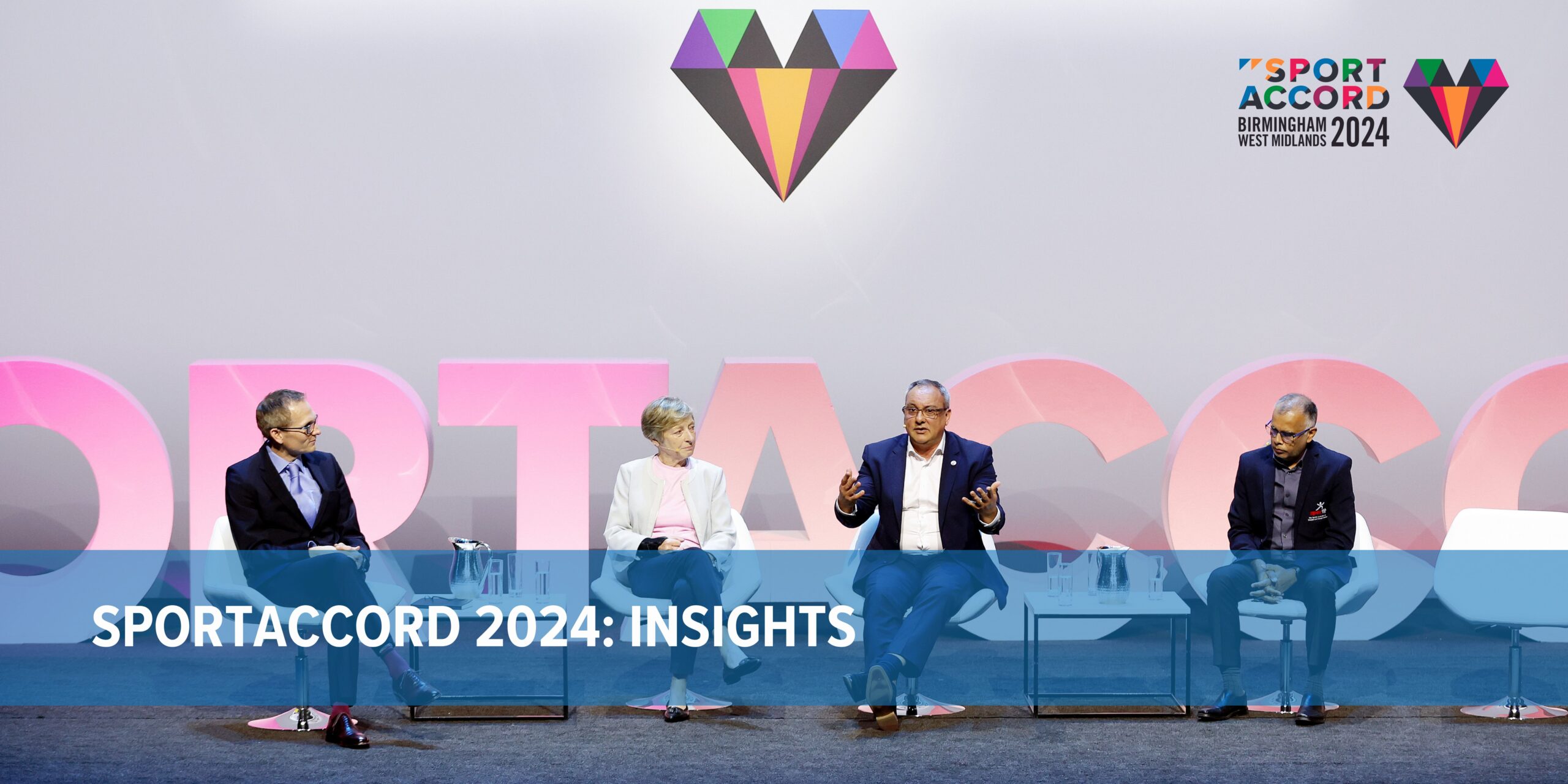SportAccord 2024 saw a line-up of world class speakers tackling the hottest industry topics, with the panel discussion on the power of sport in facilitating international diplomacy certainly one of the most timely and relevant.
With only a few months to go to the Paris 2024 Olympic and Paralympic Games and at a time of heightened geopolitical tensions, sport’s influence in the world has never been more keenly examined – from global politics to community action, ethical and moral challenges.
A core theme throughout the conversation at this SportAccord Plenary session was how the hosting of major sports events could drive economic and social progress at local and international level – with some important take-aways:
Sport definitely helps to put a city on the international map. Neil Rami, Chief Executive of the West Midlands Growth Company, described the economic impact of hosting the 2022 Commonwealth Games and other high profile sports events in the region: “Sport has played a very central role in the region, driving our economy and helping to promote our place in the world.”
Impact studies are essential. During SportAccord 2024 last month, the UK Government released an official evaluation report of the 2022 Commonwealth Games. Study showed that the Games contributed £1.2 billion to the UK economy with nearly half of that in the West Midlands alone.
“These figures are an emphatic endorsement of the West Midlands’ world-class event-hosting capability. They reinforce the powerful role of sporting events in enhancing profile, uplifting economies and capturing hearts and minds.”said Rami.

At local and regional level “sport has the potential to bring together communities who would normally not interact”, highlighted Jason Williams, CEO of Sports Company of Trinidad and Tobago. With a successful Trinbago 2023 Commonwealth Youth Games, the dual-island nation is now gearing up to welcome global teams and fans for the ICC Men’s T20 World Cup next month, with the community overcoming divisions and getting united in embracing the sport and the joint West Indies cricket team. It’s all about harnessing events like these to build a cohesive society in the long run.
Sports events can have a positive ripple effect on wider societal goals like gender equality, as Liz Nicholl DBE, President of World Netball and former CEO of UK Sport, explained, sharing insights from hosting the Netball World Cup in South Africa last year: “The impact of netball in Africa was amazing. SuperSport, who were our broadcasting team, employed a team entirely of women, which if you know the history of netball, it was a sport made by women for women, our audience is predominantly women, so this was a big achievement.”

Nicholl stressed the potential of impact studies post-event to maximise learning, assess legacies, identify missed opportunities and adjust the strategy for the future.
Talking legacy, there was broad consensus that legacy planning is crucial for any bigger event and “something we need to focus stronger on,” admitted Williams. “SportAccord 2024 and talking to other hosts has opened our eyes.”

When bidding for international sport events, there was a strong call by all panel members to think in terms of “return on influence” rather than “return on investment”. “If you consider everything a cost, you won’t do anything,” underlined Jason Williams.
Everyone in the sports industry should make an impact. “Sport has the power to change lives – there is no question about it – and we are probably all underperforming to the extent that we could have a much bigger impact. The potential is enormous,” said Nicholl in her closing remarks, sending a strong message for the delegates to take home.
Stay tuned for more exclusive insights from SportAccord 2024, coming your way over the next few weeks. Our series reveals parts of some of the most exciting discussions from Birmingham, centred around the horizontal theme “The Power of Sport”.




